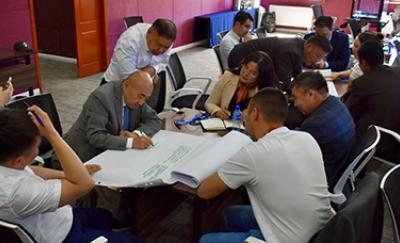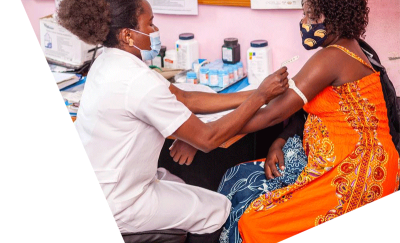Authors
Glosser, A., Judkins, D., and C. Morrison.
 This report documents the implementation and early impacts of the Health Careers for All program, operated by the Workforce Development Council of Seattle-King County (WDC). Health Careers for All aimed to help low-income adults access and complete occupational training that can lead to increased employment and higher earnings. It is one of nine career pathways programs being evaluated under the Pathways for Advancing Careers and Education (PACE) study sponsored by the Administration for Children and Families (ACF) within the U.S. Department of Health and Human Services.
This report documents the implementation and early impacts of the Health Careers for All program, operated by the Workforce Development Council of Seattle-King County (WDC). Health Careers for All aimed to help low-income adults access and complete occupational training that can lead to increased employment and higher earnings. It is one of nine career pathways programs being evaluated under the Pathways for Advancing Careers and Education (PACE) study sponsored by the Administration for Children and Families (ACF) within the U.S. Department of Health and Human Services.
The program had four key elements:
- Navigation and case management services;
- Tuition-free access to occupational training in healthcare fields, funded through “cohorts” (course packages open exclusively to participants and fully funded by the program) based at community and technical colleges or through Individual Training Accounts;
- Employment services; and
- Financial assistance during and immediately following training to help address barriers to program completion or employment.
Health Careers for All was funded by the Health Profession Opportunity Grants (HPOG) Program from 2010 to 2015. HPOG, administered by ACF, was created to provide education and training to Temporary Assistance for Needy Families (TANF) recipients and other low-income individuals for occupations in the healthcare field that pay well and are expected to either experience labor shortages or be in high demand.
Using a rigorous research design, the study found that Health Careers for All increased the percentage of participants enrolling in healthcare-related training over an 18-month follow-up period. However, there was no impact overall on receipt of a credential or total hours of occupational training. Future reports will examine whether the program resulted in gains in employment and earnings.
Learn more about our HPOG work.
WDC Implementation and Early Impact:



